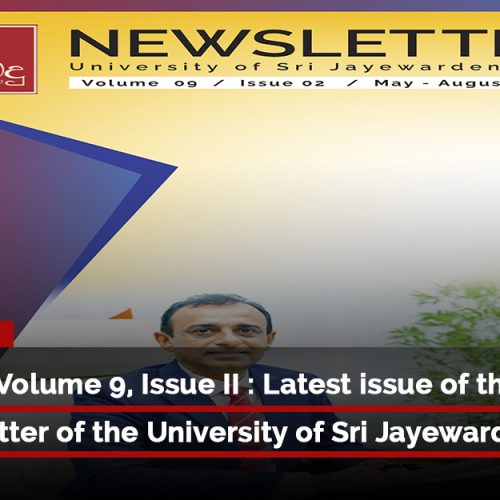The doctrine of Buddha is disseminated through the Noble Truths and the Noble Eightfold Path. Buddhism increases the understanding of the suffering of mankind and recognizes excessive desire as the cause for this suffering. However, these desires can be controlled through the practice of the Eightfold path. While the Four Noble Truths are meant to be understood, the Eightfold Path is a discipline that has to be explored and internalized through practice. Visionary leadership involves a base which is value-driven. It demands authenticity, transparency, truthfulness and openness; thus the Eightfold path of Buddhism provides a guide towards being so.

The Eight fold Path of Buddhism can be divided into three groups. These three groups represent three stages of training: the training in the higher moral discipline, the training in the higher consciousness, and the training in the higher wisdom. (Bodhi 1994)
- The wisdom group (paññākkhandha), made up of right view and right intention
- The concentration group (samādhikkhandha), made up of right effort, right mindfulness, and right concentration;
- The moral discipline group (sīlakkhandha), made up of right speech, right action, and right livelihood.
This study has taken the above branches of the Eightfold path and has encapsulated the qualities of Leadership through them, portraying how the Noble Eightfold Path of Buddhism paves way towards Effective Leadership:
Right View: The concept of Right View is about the awareness of what is true and right. In the context of leadership, it amounts to having the right vision in seeing and analyzing the internal and external environmental factors in the organization since it is the vision which leaders have that differentiate them from the mass.
Right Intention: right intention is only possible through managing emotions. A leader must have the right balance of rational and emotive feelings when initiating an action. Therefore awareness of one’s intentions and managing them positively is crucial.
Right Speech: the individual who gets ahead in business is the person who is able to communicate, to make sound decisions, and to get things done with and through people‖ (Bowman et al., 1964) Leadership has power to influence therefore leaders should express their opinions by learning to pay attention on the intention behind what is being said, and deciding if the utterance would lead to positive or negative results.
Right Livelihood: This is concerned in earning one’s living in a righteous way. Earnings should be acquired legally, peacefully, honestly and ethically. A Leader’s integrity plays a major role in the ethical choices the followers make since they observe the leader and imitate the behavior of the leader.
Right Action: is the process of being mindful of one’s action or behavior so that it leads towards helping a cause and not resulting in suffering or harmfulness. Right intentions lead to right actions.
Right Effort: Right effort consists of persisting efforts to abandon wrong and harmful thoughts, deeds and words through self-schooling. It shed light on the effort to prevent the increasing unwholesome states from arising, the effort to abandon the arisen unwholesome states, develop the undeveloped wholesome states and strengthen and cultivate the existing wholesome states.
Right Mindfulness: Right mindfulness is focused on having control over the mind. It means to be aware of one’s thoughts, feelings and actions so that one is not controlled by them. It also focuses on the awareness an individual must have to know the world around him and its operations.
Right Concentration: The Buddha focuses on Right concentration as an important aspect in Leadership. It is a way of avoiding distractions and disruptive emotions and directing the mind toward productive action.
This study therefore interlinks the two strands of religion and the business world and shows the capacity to which these two areas can enrich and evolve through each other, without having to label either as mundane and impractical.










